






5-Star Service, Trusted & Loved by Hundreds
Your Appraiser Search Ends Here
Your Appraiser Search Ends Here
.avif)

Nationwide Coverage – Appraisals Anywhere in the US

Get it done Onsite or Online

Any Asset, Covered

Defensible for Any Purpose
Frequently Asked
Questions
No Frequently Asked Questions Found.
The determination of FMV is a complex process influenced by multiple interconnected factors. Market conditions play a critical role, with economic climate, local trends, and buyer demand dynamically shaping property valuations. Professional appraisers employ sophisticated methodologies to assess value, including comparative market analysis, cost-based approaches, and income potential evaluations.
Key elements that impact Fair Market Value include property location, physical condition, architectural features, and broader economic indicators. A property's neighborhood, proximity to amenities, structural integrity, and current market dynamics all contribute to its perceived value. Importantly, FMV differs significantly from distressed sale prices, which can artificially deflate a property's true market potential.
Legal and financial contexts frequently rely on accurate FMV assessments. From estate planning and divorce settlements to tax calculations and insurance purposes, a precise valuation ensures equitable transactions and compliance with regulatory requirements. The underlying principle remains consistent: determining the most realistic price a property would command under normal market circumstances.
Understanding Fair Market Value empowers individuals and professionals to make informed decisions, ensuring transparency and fairness in property-related transactions. By comprehending the nuanced factors that influence valuation, stakeholders can navigate real estate markets with greater confidence and strategic insight.
Accurate valuation serves multiple essential purposes across different domains. When engaging in asset transactions, an FMV appraisal ensures that buyers and sellers have a clear understanding of the asset's true market value, preventing potential pricing discrepancies and facilitating smoother exchanges.
Legal proceedings frequently rely on FMV appraisals to make equitable determinations. In contexts such as divorce settlements, estate planning, and probate cases, these valuations provide an objective basis for asset division and resolution of complex financial matters.
Tax reporting demands precise asset valuation. An FMV appraisal becomes crucial documentation for accurately reporting asset values, calculating potential tax liabilities, and ensuring compliance with regulatory requirements. This is particularly important for capital gains assessments and inheritance reporting.
Insurance and risk management also benefit significantly from comprehensive FMV assessments. By establishing an asset's true value, individuals and organizations can secure appropriate coverage, protecting against potential financial losses and ensuring adequate risk mitigation.
Financial planning and investment strategies rely heavily on accurate valuation. FMV appraisals offer critical insights into asset performance, potential returns, and strategic decision-making, enabling more informed and confident financial choices.
Charitable donations represent another domain where FMV appraisals play a pivotal role. These valuations provide the necessary documentation for tax deduction purposes, substantiating the claimed value of donated assets.
Dispute resolution often hinges on an objective, unbiased assessment of asset value. An FMV appraisal can serve as a neutral arbiter in conflicts between business partners, property co-owners, or parties involved in legal proceedings.
Ultimately, a Fair Market Value appraisal transcends simple number-crunching. It represents a comprehensive tool that provides transparency, clarity, and confidence across a wide spectrum of financial and legal interactions, protecting the interests of all parties involved.
The process involves a systematic approach that considers multiple critical factors. Appraisers carefully evaluate each piece of equipment, examining its technological specifications, current market conditions, physical condition, and potential functional utility. They analyze the equipment's age, technological relevance, operational status, and overall performance capabilities to generate an accurate valuation.
Key considerations during the appraisal include detailed documentation of the equipment's make, model, serial number, and maintenance history. Appraisers conduct thorough market research to understand current demand, technological trends, and comparable sales in the scientific equipment marketplace. They assess the equipment's condition through rigorous inspection, determining its operational integrity and potential remaining useful life.
Multiple valuation methodologies may be employed, including cost approach, sales comparison, and income-based strategies. These techniques allow for a comprehensive assessment that considers replacement costs, current market values, and potential revenue generation capabilities.
Professional lab equipment appraisals serve critical functions across various sectors, including research institutions, pharmaceutical companies, educational facilities, and biotechnology organizations. They provide essential insights for financial reporting, strategic planning, insurance documentation, and potential transaction considerations.
The true value of a professional appraisal lies not just in generating a number, but in offering a comprehensive understanding of scientific assets that supports informed decision-making and strategic asset management.
Appraisers can now collect detailed information through multiple digital channels, including high-resolution photographs, comprehensive documentation, and interactive video consultations. This approach is particularly advantageous for stationary or complex equipment that may be challenging to relocate or physically inspect.
Advanced digital methods allow professionals to thoroughly examine equipment specifications, condition, age, and market value with remarkable precision. Live video conferencing platforms enable real-time interactions, where appraisers can conduct detailed visual assessments and ask targeted questions about the equipment's history and functionality.
The digital appraisal process offers significant benefits for laboratories, research institutions, and businesses with equipment distributed across multiple locations. By minimizing logistical constraints, these online approaches provide flexibility, reduce assessment time, and maintain the highest standards of professional evaluation.
Qualified appraisers utilize sophisticated techniques to ensure accurate valuations that reflect current market conditions, technological relevance, and specific equipment characteristics. Their expertise guarantees a comprehensive and reliable assessment that meets professional industry standards.
General lab equipment appraisers maintain broad competencies, capable of evaluating diverse instruments ranging from basic microscopes to sophisticated analytical equipment. Their comprehensive understanding allows them to provide holistic assessments that consider technological complexity, market demand, and current operational condition.
Specialized appraisers delve into specific scientific domains, developing nuanced expertise in particular equipment categories. Medical diagnostics, biotechnology, pharmaceutical research, and industrial quality control represent key areas where these professionals demonstrate exceptional technical acumen. Their targeted knowledge enables precise valuations that account for intricate technological specifications and industry-specific performance standards.
Industrial and regulatory-focused appraisers bring additional layers of complexity to equipment assessment. They integrate deep understanding of compliance requirements, safety standards, and operational protocols into their valuation methodologies. For organizations operating in highly regulated environments, these professionals provide critical insights that extend beyond monetary value.
Forensic equipment appraisers occupy a unique niche, understanding the specialized requirements of investigative laboratories. Their assessments consider not just monetary value, but also critical factors like evidentiary integrity, precision instrumentation, and specialized technological capabilities.
Each appraiser type contributes distinctive perspectives, ensuring comprehensive and accurate equipment valuations that support strategic decision-making across scientific and industrial sectors.
Financial clarity stands as a primary benefit of professional equipment assessment. Precise valuations enable accurate financial reporting, support tax compliance, and provide critical documentation for insurance purposes. Organizations can optimize their asset management strategies by understanding the true market value and depreciation trajectory of their scientific instrumentation.
Equipment appraisals become particularly crucial during significant business transitions such as mergers, acquisitions, or strategic equipment sales. They offer an objective, professionally validated perspective on asset worth, facilitating transparent negotiations and informed decision-making. For research institutions and corporate laboratories, this means maintaining financial integrity while supporting strategic planning.
Insurance and risk management represent another vital consideration. Accurate equipment valuations ensure appropriate coverage levels, protecting organizations from potential underinsurance or unnecessary premium expenditures. In scenarios of loss or damage, a credible appraisal expedites claims processes and supports fair compensation.
Legal scenarios also benefit significantly from professional equipment assessments. Whether addressing estate planning, partnership dissolutions, or asset divisions, a meticulously documented appraisal provides an impartial benchmark for determining equipment value.
Beyond immediate financial implications, equipment appraisals offer strategic insights into technological infrastructure. They help organizations understand depreciation patterns, plan capital expenditures, and make informed decisions about equipment upgrades or replacements.
Ultimately, a comprehensive lab equipment appraisal transcends simple monetary evaluation. It represents a strategic tool that empowers organizations to make data-driven decisions, maintain financial transparency, and optimize their technological investments.
Understanding Fair Market Value in the Context of Lab Equipment
Fair Market Value (FMV) for lab equipment is a crucial concept that refers to the price at which the equipment would sell in a competitive and open market. Assessing FMV requires considering various factors, including the equipment's condition, age, and technological relevance. Additionally, understanding market demand is vital, as certain lab equipment may fluctuate in value based on industry trends, advancements in technology, and regulatory changes. Thus, accurately determining FMV necessitates a comprehensive analysis of both quantitative and qualitative aspects.
When evaluating lab equipment for FMV, appraisers often rely on comparable sales data, market accessibility, and expert opinions. This multifaceted approach helps ensure that the appraisal reflects not only the intrinsic value of the equipment but also the real-world factors influencing its worth. Buyers and sellers alike benefit from a clear understanding of FMV, as it establishes a baseline for negotiation and can facilitate smoother transactions. In the context of lab settings, recognizing the nuances of FMV can enable laboratories to make informed financial decisions, whether they are acquiring new tools or liquidating assets.
Types of Lab Equipment That Require Appraisals
Lab equipment encompasses a broad range of instruments and devices utilized in various scientific disciplines, from pharmaceuticals to biology and chemistry. Common types of equipment that often require appraisals include microscopes, spectrometers, centrifuges, and incubators. Each of these items represents a significant financial investment, which makes understanding their fair market value essential for funding, resale, or insurance purposes.
In addition to standard laboratory apparatus, specialized devices like gas chromatographs, nuclear magnetic resonance (NMR) machines, and high-performance liquid chromatography (HPLC) systems frequently necessitate appraisal. The value of these advanced instruments can significantly fluctuate based on their age, condition, and technological relevance. Accurate appraisals assist labs in making informed decisions about upgrades or decommissioning equipment, ensuring optimal asset management.
Moreover, laboratory furniture and infrastructure such as fume hoods, biosafety cabinets, and workbenches also form part of an overall appraisal strategy. These items, while not individually expensive, contribute to the overall valuation of the lab assets and can impact operational costs. A thorough understanding of all equipment and related assets, along with their current market conditions, is crucial for making informed choices in laboratory management and planning.
The Importance of Accurate Lab Equipment Appraisals
Accurate lab equipment appraisals are essential for determining fair market value, which is crucial for a variety of reasons, from insurance coverage to financial reporting. Understanding the true value of lab equipment allows organizations to make informed decisions about their assets, ensuring they are neither underinsured nor overextending their budgets. Moreover, in the context of sales or acquisitions, a precise appraisal can facilitate negotiations and foster trust between buyers and sellers, as it establishes a transparent foundation for the transaction.
In addition to financial implications, accurate lab equipment appraisals can impact compliance and regulatory requirements within scientific industries. Regulatory bodies often require documented valuations for asset management, tax compliance, and grant funding assessments. By ensuring that appraisals are completed accurately, laboratories can mitigate financial risks and maintain compliance with relevant regulations, ultimately preserving their reputation and operational integrity in a competitive market.
Key Factors That Influence the Value of Lab Equipment
The value of lab equipment is influenced by several key factors, with its age and condition being paramount. Older equipment may have a lower market value due to potential wear and tear, compliance issues, or advancements in technology that render it less efficient. Conversely, well-maintained or recently acquired equipment may command a higher price, particularly if it has been serviced regularly and operates at optimal levels.
Another significant factor is the equipment's functionality and specifications. Items that are versatile, offer advanced features, or are compatible with commonly used laboratory systems can attract more buyers and, consequently, higher valuations. Additionally, the market demand for specific types of lab equipment, often dictated by industry trends, can greatly impact value; for instance, equipment used in cutting-edge research areas may become increasingly sought after.
Finally, the provenance and brand reputation contribute to the overall valuation of lab equipment. Well-known manufacturers that are associated with quality and reliability often lead to higher resale values. Additionally, buyers may be willing to pay a premium for equipment with documented maintenance records, original documentation, and certifications, which can assure them of the equipment's reliability and performance in their respective applications.
The Appraisal Process: What to Expect
The appraisal process for lab equipment begins with a thorough evaluation of the items in question. Qualified appraisers will typically assess the equipment's condition, functionality, and any accompanying documentation, such as maintenance records or original purchase invoices. This comprehensive assessment provides a baseline for determining the fair market value, which represents the price the equipment would likely fetch in an open market situation, assuming both buyer and seller are well-informed and under no compulsion to act.
Following the evaluation, appraisers will conduct market research to compare similar equipment sales and current listings. This market analysis helps to identify trends and demand levels that can significantly influence pricing. Once all the data is compiled, the appraiser will prepare a detailed report, presenting their findings and justifying the appraised fair market value. This report serves not only for potential buyers and sellers but may also be necessary for insurance, tax, or legal purposes.
Common Methods Used for Lab Equipment Appraisals
Lab equipment appraisals typically employ a variety of methods, with the most common being the cost approach, market approach, and income approach. The cost approach values equipment based on the cost to replace it with a similar item, factoring in depreciation to account for wear and tear over time. This method is particularly useful for specialized lab equipment that may not have a robust secondary market. Conversely, the market approach examines recent sales of comparable lab equipment to determine fair market value, ensuring the appraisal reflects current market conditions and demand.
The income approach, while less common for lab equipment, can be relevant for equipment involved in income-generating activities. This method assesses the potential revenue that the equipment can generate over its useful life, offering insights into its economic value. Understanding these methods enables lab managers and stakeholders to make informed decisions regarding equipment acquisition, replacement, or liquidation, ultimately enhancing the financial management of laboratory assets.
Certifications and Qualifications of Appraisers
When it comes to appraising lab equipment for fair market value, the qualifications and certifications of an appraiser play a crucial role in ensuring accurate evaluations. A qualified appraiser typically holds professional designations from recognized appraisal organizations, such as the American Society of Appraisers (ASA) or the National Association of Independent Fee Appraisers (NAIFA). These certifications often indicate that the appraiser has undergone rigorous training, understands industry standards, and adheres to a code of ethics, which together help ensure the integrity and credibility of the appraisal process.
Additionally, specialization in the field of lab equipment is essential for an accurate appraisal. Appraisers who focus on scientific and medical equipment often possess extensive knowledge of specific tools and their market conditions, including trends in depreciation, technological advancements, and demand fluctuations. An appraiser's experience working with various types of lab equipment can provide invaluable context that enhances the appraisal report's reliability, making it a vital aspect of determining fair market value.
Market Trends Impacting Lab Equipment Valuations
The valuation of lab equipment is significantly influenced by various market trends, particularly advancements in technology and shifts in research focus. As innovations emerge, older equipment may depreciate in value while cutting-edge technology becomes more desired. This constant evolution requires appraisers to stay informed about the latest developments in laboratory science and equipment specifications, ensuring that valuations accurately reflect current market conditions.
Another impactful trend is the increasing prevalence of sustainability practices in laboratories. As organizations pivot towards greener practices, demand for energy-efficient and environmentally friendly equipment is on the rise. This shift not only alters the desirability of certain types of lab tools but also affects their market value, as equipment that meets these new standards can command higher prices in secondary markets.
Moreover, the ongoing changes in regulatory requirements and funding for scientific research can also affect lab equipment valuations. When grant funding increases, laboratories may expand their operations, driving up demand for specific equipment types. Conversely, budget cuts or reallocated funding can lead to a surplus of unused equipment, impacting resale values and market trends. Understanding these dynamics is essential for accurate appraisal and informed decision-making.
How to Prepare for a Lab Equipment Appraisal
Preparing for a lab equipment appraisal involves understanding the specific requirements and goals associated with the evaluation. Begin by gathering all pertinent documentation related to the equipment, including purchase invoices, maintenance records, and any previous appraisal reports. This information provides appraisers with a comprehensive view of the equipment's history, helping them establish a more accurate fair market value.
Next, assess the condition and operational status of the equipment prior to the appraisal. Ensure that all items are clean, functional, and organized, as this not only facilitates the appraisal process but can also positively influence the final valuation. Appraisers typically consider both the physical and operational state of the equipment, so documenting any repairs or upgrades made since the last appraisal can be beneficial.
Additionally, it is essential to clarify the purpose of the appraisal. Whether for insurance purposes, liquidation, or financial reporting, understanding the intended use of the appraisal can shape the approach and focus of the evaluator. Being transparent about these objectives will help appraisers provide a more tailored assessment that meets your specific needs.
Challenges in Appraising Laboratory Instruments
Appraising laboratory instruments presents several unique challenges that can complicate the fair market value assessment. One primary difficulty lies in the rapid technological advancements within the field. Equipment can become quickly outdated, leading to issues of depreciation and influencing factors such as its remaining useful life, market demand, and the availability of newer models that may outperform older versions. Understanding these technological trends is crucial for appraisers to provide accurate valuations.
Another challenge involves the diversity of laboratory equipment available, which ranges from highly specialized analytical instruments to general-purpose tools. Each type may require unique appraisal methodologies due to variations in their application, condition, and market demand. An appraiser needs to have a deep understanding of both the specific equipment being valued and the broader market context, including factors like regulatory changes or shifts in research funding that could impact value.
Additionally, appraisers must navigate the subjective nature of certain laboratory equipment valuations. While some instruments have defined market prices, many others may not have a readily observable market, making it difficult to establish comparable sales. This situation calls for expert knowledge and judgment, as appraisers may need to rely on methodologies such as income or cost approaches to derive a fair market value. The complexity and varying circumstances surrounding each piece of equipment underscore the importance of experienced appraisers who can effectively assess these factors.
Case Studies: Real-Life Examples of Lab Equipment Appraisals
In the field of lab equipment appraisals, real-life case studies provide valuable insights into the complexities involved in determining Fair Market Value (FMV). One noteworthy example is that of a university laboratory that sought to liquidate excess equipment as part of an institutional reorganization. An appraisal was conducted to assess the value of various analytical instruments, which helped ensure the university received a fair price while adhering to compliance regulations. The resulting report not only facilitated a successful sale but also provided transparent documentation that satisfied stakeholders.
Another illustrative case involved a biotechnology startup looking to attract investors. An appraisal of their specialized lab equipment was performed to establish a precise FMV, which is crucial for demonstrating the company's assets. By having an accurate valuation, the startup was able to negotiate from a position of strength, ultimately securing funding for research and development endeavors. This case highlights the role of appraisals in business strategy, particularly when external funding is needed.
Lastly, a considerable appraisal project was undertaken for a large pharmaceutical company looking to update its internal inventory valuation. The appraisal aimed to capture the current market value of a wide range of lab equipment, which included high-cost machinery such as spectrometers and chromatographs. Through detailed analysis and market comparison, the appraisal provided the company with a foundation to make informed decisions on asset management and future investments. Such case studies emphasize the importance of thorough appraisals in ensuring that organizations are making financially sound decisions regarding their laboratory assets.
Conclusion: Making Informed Decisions Based on Appraisals
In conclusion, understanding the process and significance of lab equipment appraisals for fair market value is crucial for stakeholders in various industries. Accurate appraisals provide valuable insights that can guide decisions on purchases, sales, and financing, ensuring that all parties involved have a clear understanding of the asset's worth. Furthermore, keeping an updated appraisal can help organizations comply with accounting standards and support asset management strategies.
Ultimately, having a well-documented appraisal can enhance transparency, foster trust among stakeholders, and mitigate risks associated with undervaluation or overvaluation. By leveraging professional appraisals, businesses can ensure they are making informed decisions that align with their financial goals, thus leading to better resource allocation and strategic planning. Investing time and resources into securing an accurate appraisal serves as a foundation for sound business practices and can significantly influence the success of operations in the long run.
View all Locations
BEST-IN-CLASS APPRAISERS, CREDENTIALED BY:






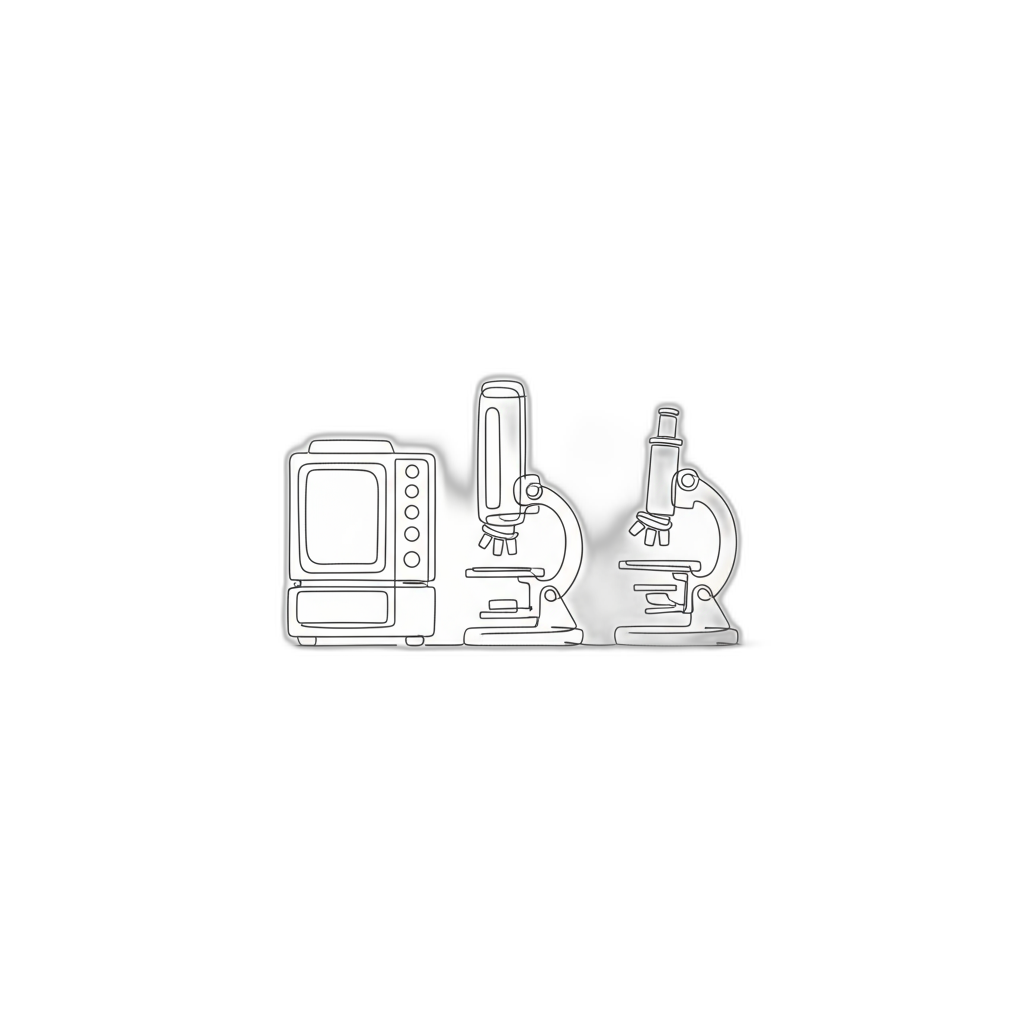

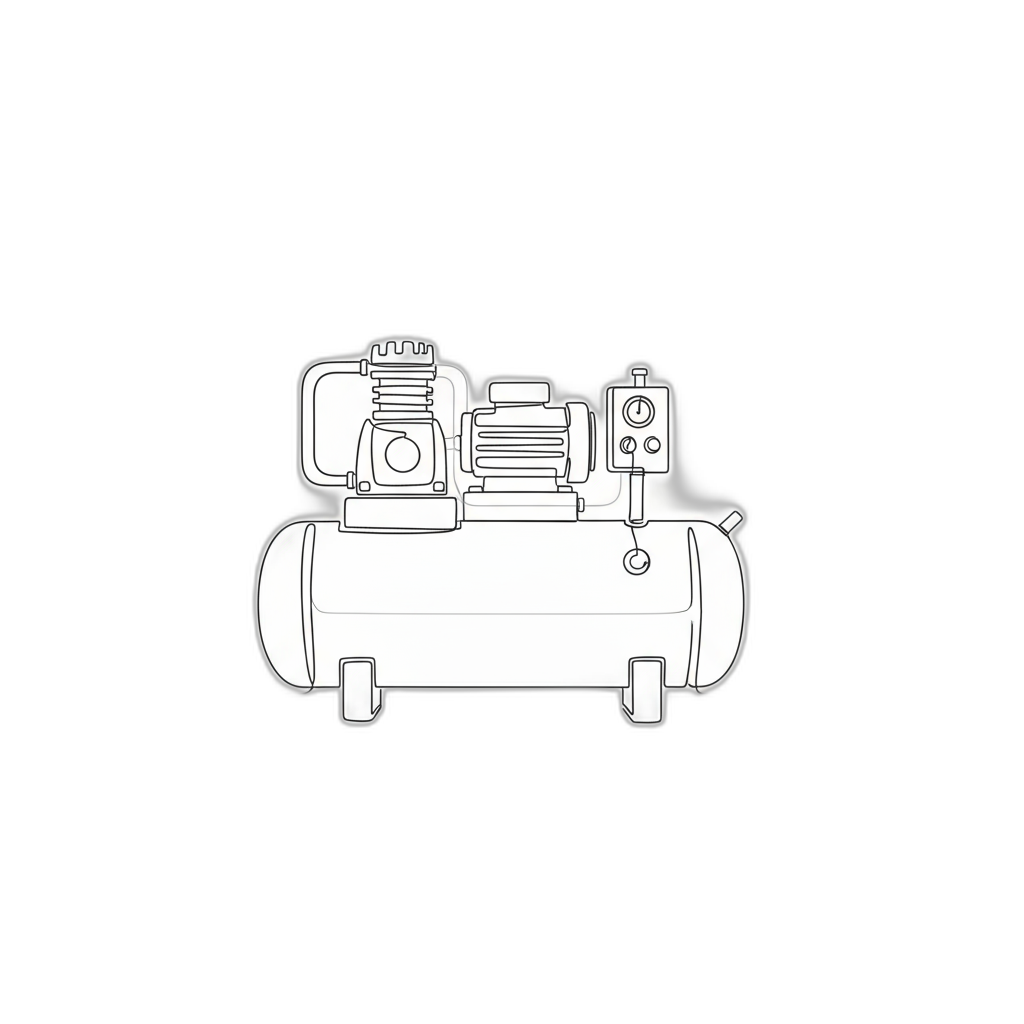
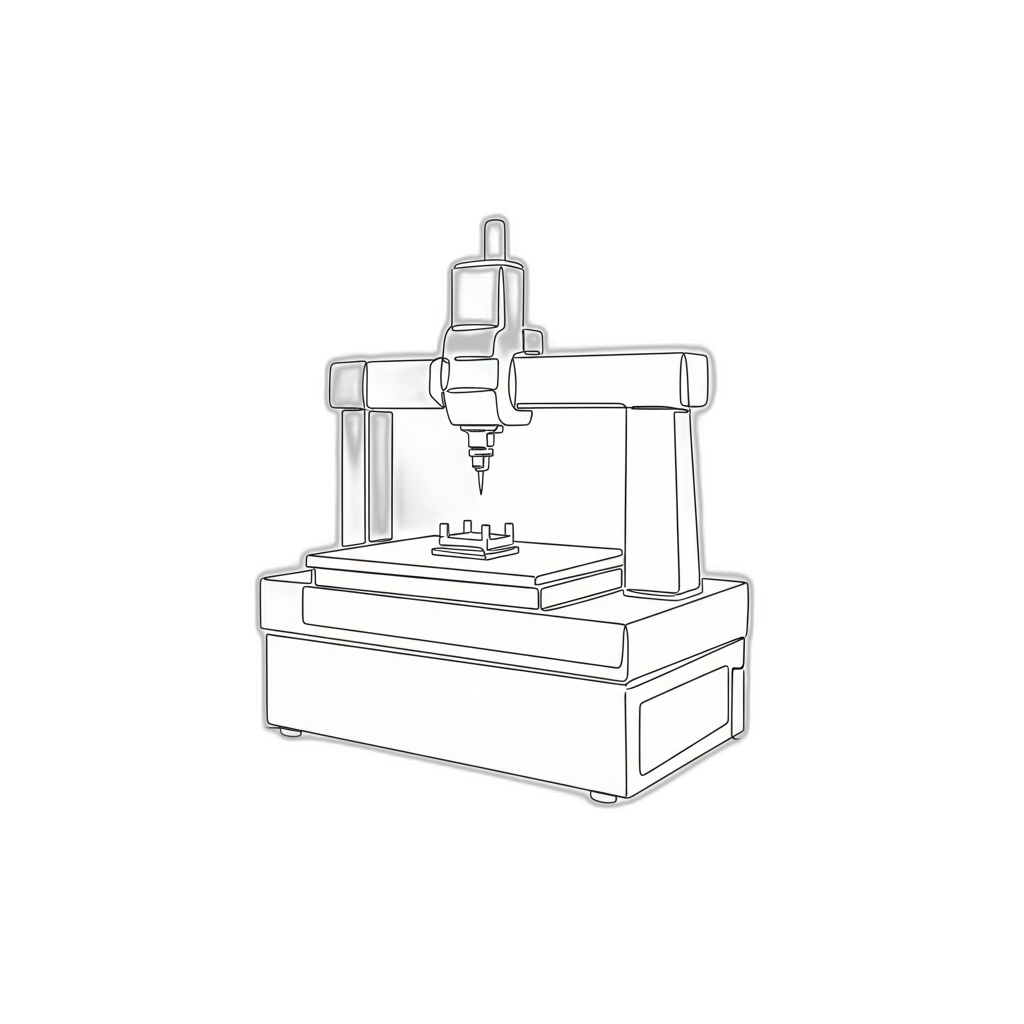
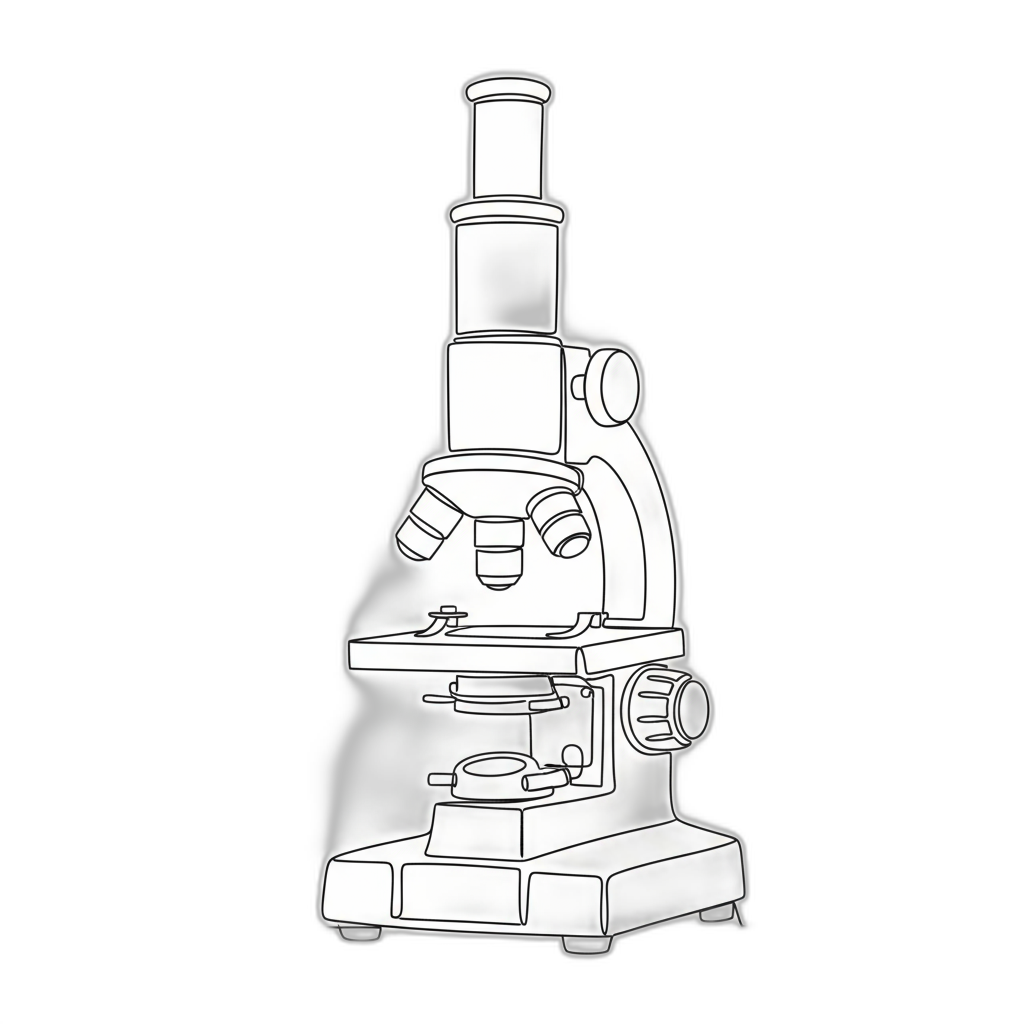
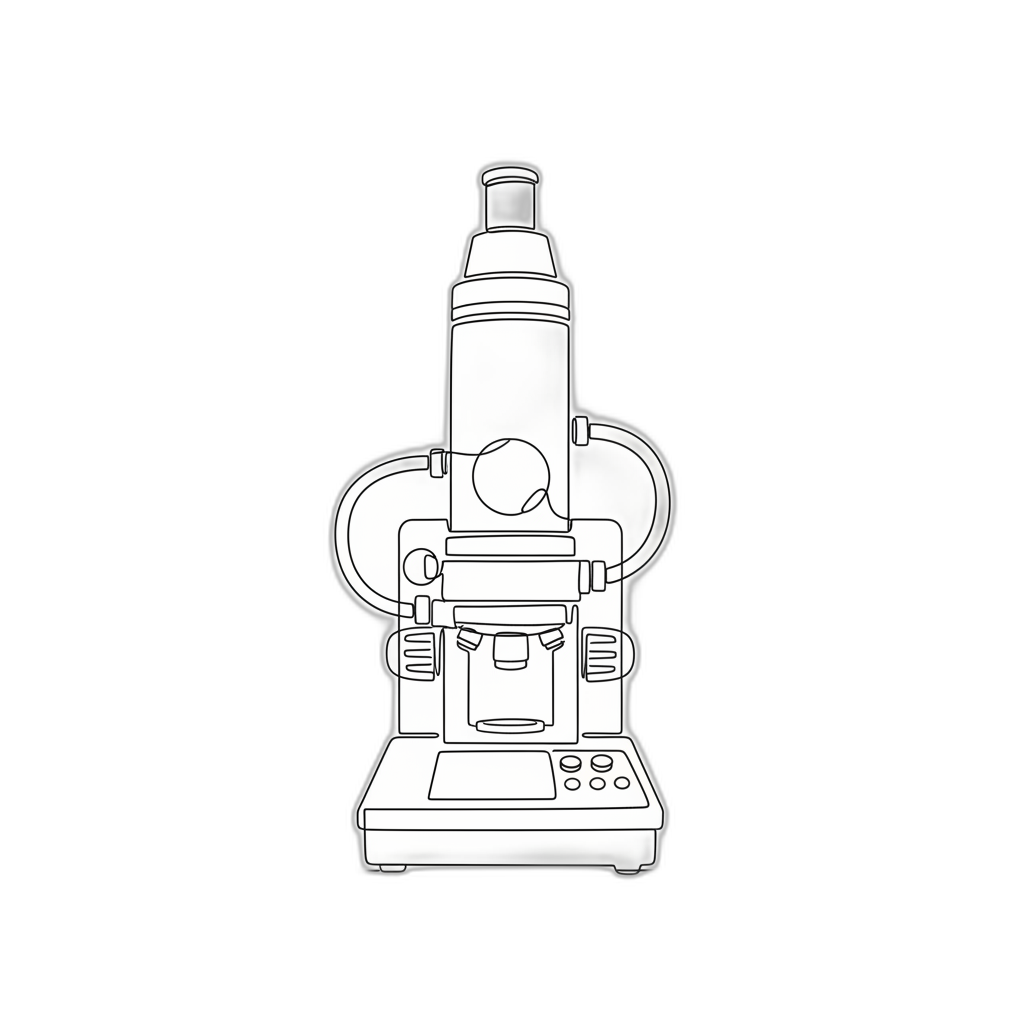
.svg)






